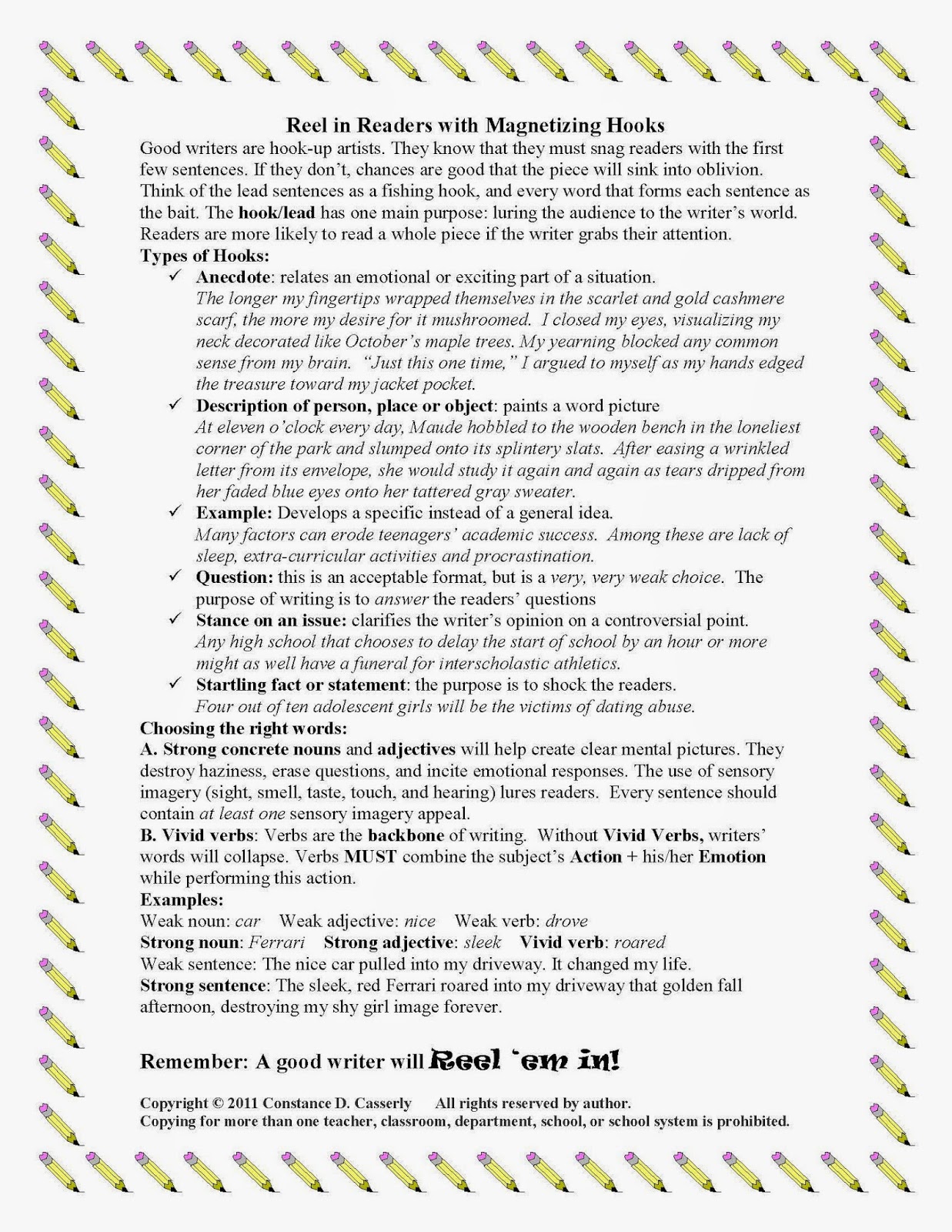

She kept the piece interesting by using references to her own personal experiences and she helped me relate her ideas to my opinions.

The sentences were worded simply and she did not try to impress anyone with the use of unnecessary big words and phrases. While reading bell hooks reel to reel: Introduction to race, sex and class at the movies I had no trouble understanding the message she was trying to display. Post your response to this by noon on 16 September. Have you ever come across a film that you thought was particularly effective at addressing one kind of social issue and yet falls short in terms of addressing another? (For example: Jurassic World might be said to raise fascinating ethical questions about the nature of science and corporate infrastructure.but could be argued to fall short of asking us to think critically about the role of women and people of colour in the workplace). Do you think that this assessment can hold true, based on your own experience with movies as a genre? Consider this point in relationship to your work for Paper 1 have you ever conceptually 'crossed borders' and learnt something from a flick about somebody who identifies differently from you?ĭo you ever consider yourself to be a 'resistant spectator' when watching a film (4)? Does thinking critically about a film affect your level of enjoyment of it? In the piece, hooks talks about movies ability to allow for 'border-crossings'. What do we make of hooks' assertion about movies and 'real-ness'? How might a perception of how 'realistic' a movie is affect how you (personally) can relate to it?

What were some of the key terms hooks puts forth for us here? What does she mean when she says that 'cinema assumes a pedagogical role' (2)? What are your general reactions to the piece? How and why does it (not) work for you as a reader? Who do you think it was written for, and how can you tell? Was this work difficult to get through? Why? The author here asks us to consider some of the things that we take for granted about the experience of watching movies, and provides us with helpful insights towards understanding how movies can affect us, and why it matters that they do. Also, I asked you guys to read this piece because it raises important(/difficult?) questions about how we can critically engage with film as a genre. First, hooks is pretty widely recognised scholar in the humanities, generally speaking, and her discussions from the position of being a Black Feminist academic (and cultural critic) can be helpful ways of leading us to investigate subtextual elements of identity issues in pop culture phenomena. I asked you guys to read bell hooks' introductory essay, 'Making Movie Magic' to her larger work, Reel to Real: Race, Sex, and Class at the Movies for a couple of reasons.


 0 kommentar(er)
0 kommentar(er)
